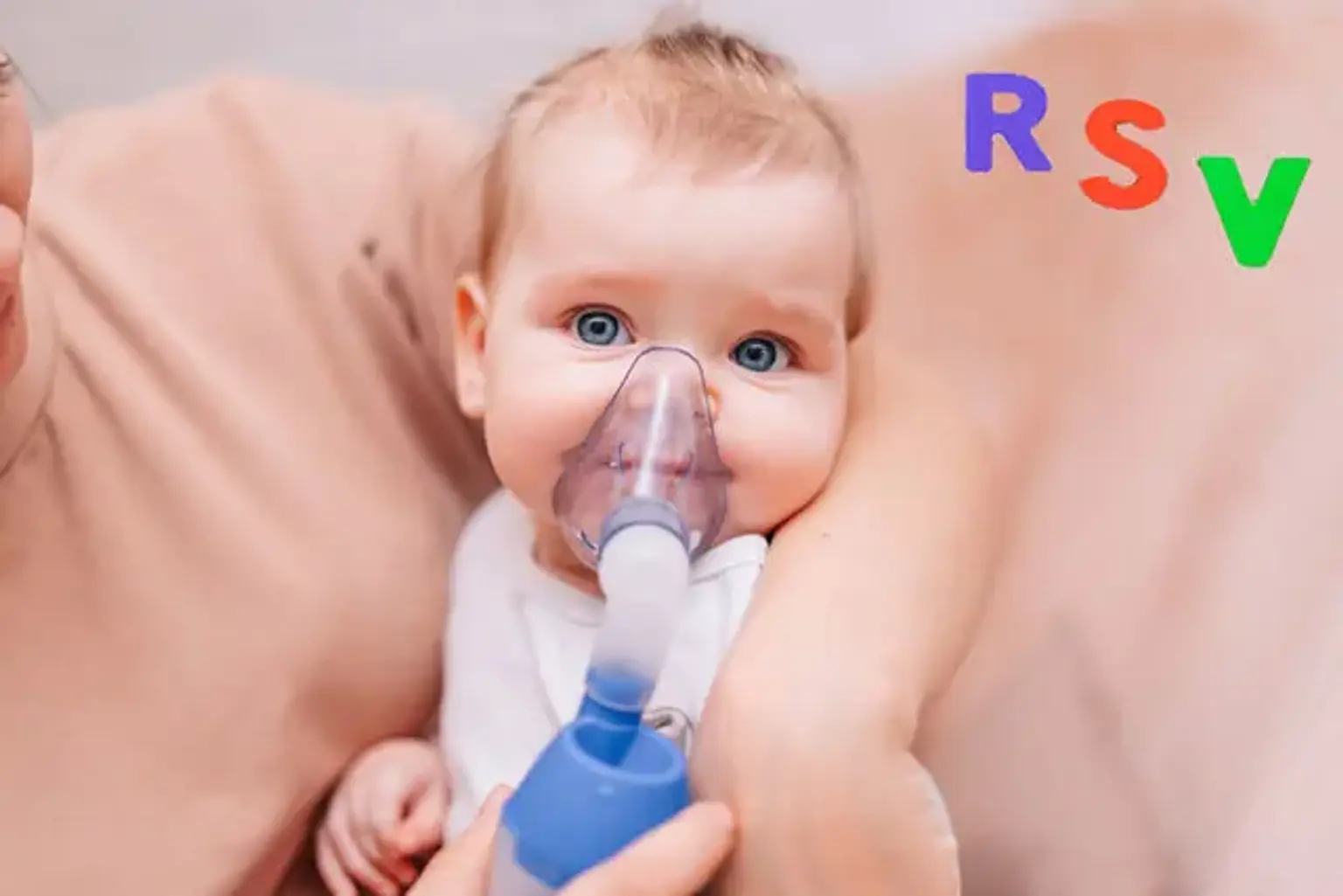RSV stands for „Respiratory Syncytial Virus,” which is the major cause of respiratory illness in infants and children. It is a common virus, causing an infection of the lungs and respiratory tract, especially among children who get infected by the age of two.
Many healthy people exposed to the virus get only mild symptoms, but in young infants and people with weakened immune systems, it can cause severe infection. Even though RSV is a common cause of lower respiratory tract infections in babies and young children, the full spectrum of disease severity and clinical manifestation is not understood. In the United States each year, 100,000 infants younger than 1 year of age are hospitalized because of RSV. The CDC recommends that preventive measures be taken during peak season (October to May) when there are more infections spread.
Pathogenesis
RSV is usually confined to the respiratory tract and lymphocytic peribronchiolar infiltration. RSV replicates in the nasopharynx and then binds to the bronchiolar epithelium leading to the necrosis of the cell. Hypersecretion of the mucus occurs, and round cells infiltrate, causing edema in the surrounding submucosa. So, the lumina of the small airways become obstructed. Hyperinflation results from air trapping in the peripheral areas and atelectasis happens when the trapped air is absorbed. Interleukins, chemokines, and leukotrienes are released and lead to inflammation and tissue damage during and after the infection. The recovery of the epithelium starts in the first week of the illness but the ciliated cells do not recover until several weeks after.
